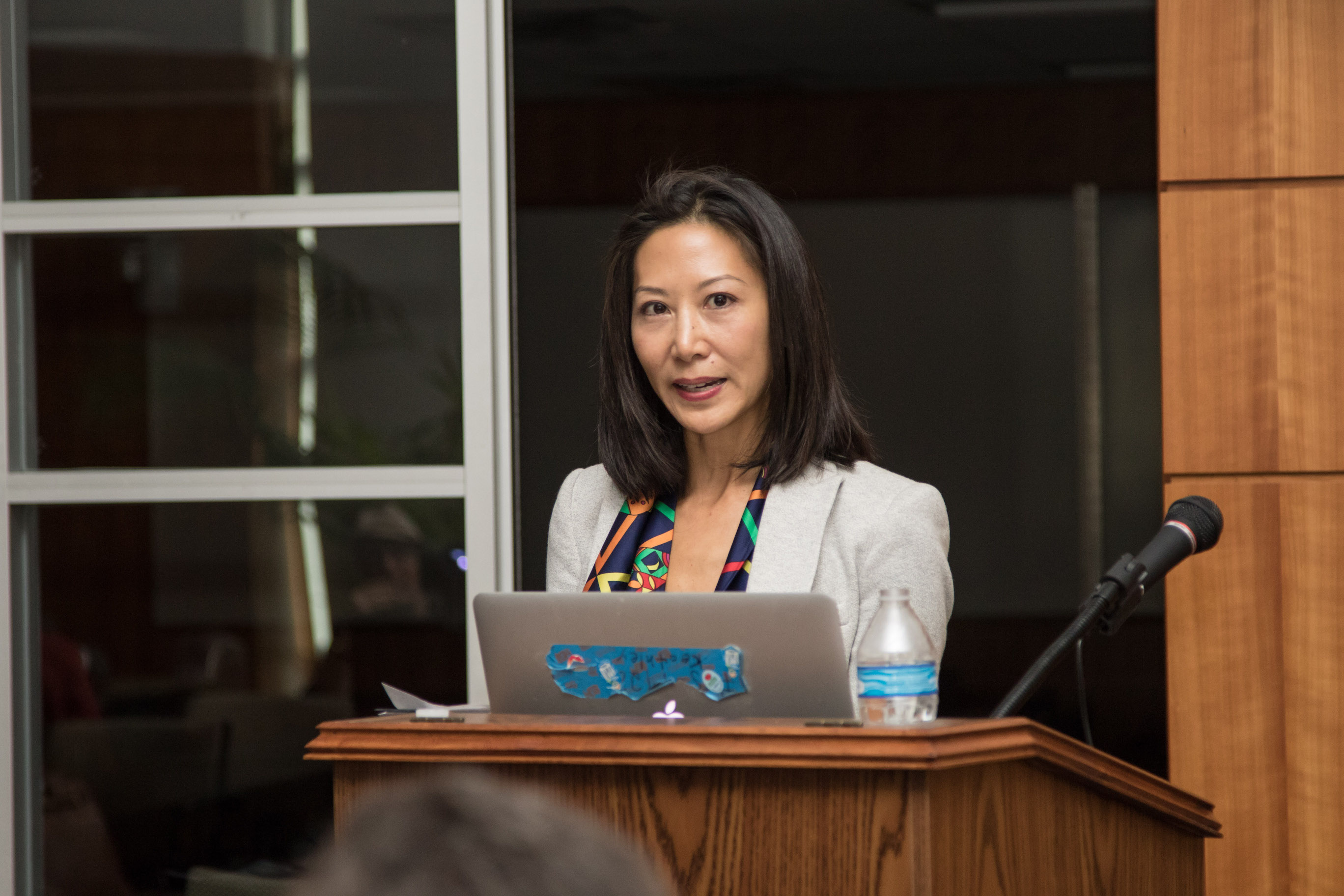Event

Cinema Censorship and Media Citizenship in the Hong Kong Film Ten Years
Studies of film censorship are strangely absent in surveillance studies. Although cinema history has long tracked the clash between filmmakers and state efforts to monitor or restrict film content and exhibition, the burgeoning field of surveillance studies has little to say about cinema censorship—despite the fact that movies are ubiquitous touchstones within the critical discourse and in spite of the discipline’s attention to media censorship and other forms of information control. In this talk, I discuss the 2015 Hong Kong independent film, Ten Years, which suffered a media ban in China but became a cultural and commercial phenomenon in Hong Kong, to explore cinema’s manifold relevance to surveillance studies. Beyond simply depicting dystopian notions of Communist surveillance or constituting just another case study in state suppression of cinematic content, I argue that Ten Years’ remarkable local reception after the Chinese ban should be considered in the context of participatory media and Sinophone media citizenship. Such an expansive understanding of cinema in terms of participatory media and (counter-)surveillance practice suggests new ways of conceptualizing film’s importance for both cinema and surveillance studies. With its compelling glimpse of independent film’s continuing vitality within world cinema, the case of Ten Years expands our notions of the sites and experiences of surveillance cinema and cinema itself.
Karen Fang is Associate Professor in the Department of English at the University of Houston, where her research and teaching in both literary and film studies centers upon empire and comparative culture within global modernity. This talk expands upon her current book, Arresting Cinema: Surveillance in Hong Kong Film (Stanford University Press 2017).
